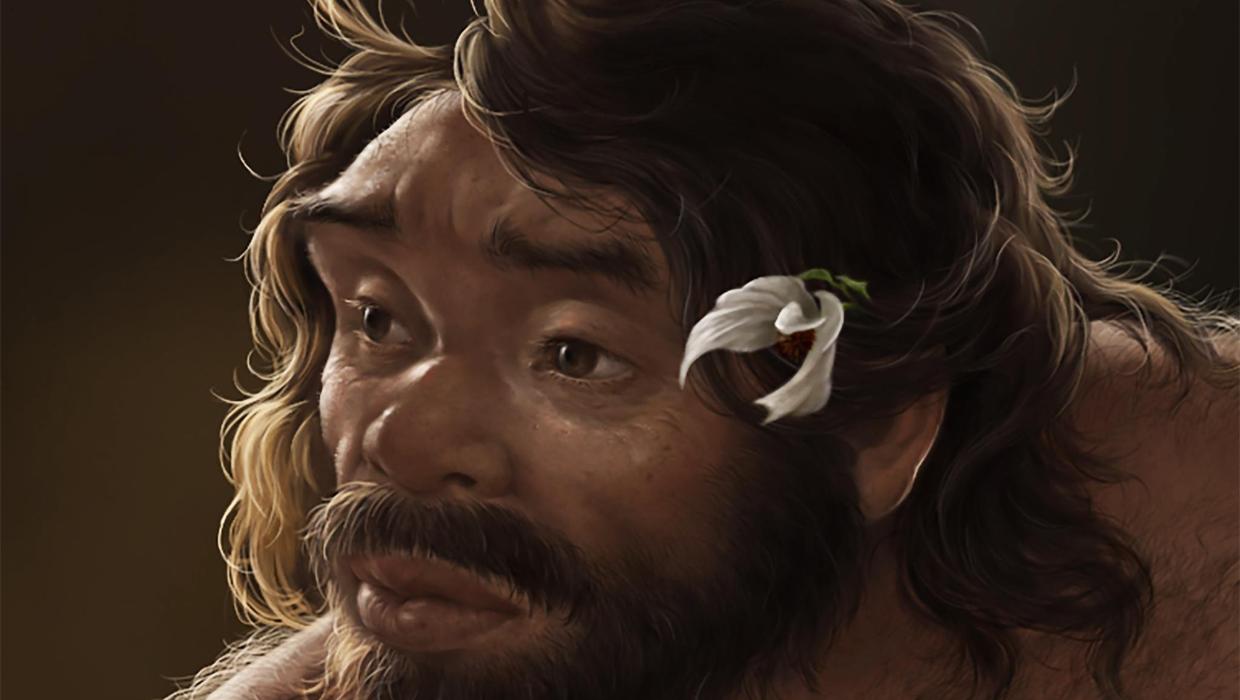Science
Ancient Skull Challenges Human Evolution Timeline, Sparks Debate

A recently unearthed fossilized skull is prompting a reevaluation of the timeline of human evolution, suggesting that modern humans, or Homo sapiens, may be older than current scientific consensus indicates. Researchers from the University of Cambridge believe this discovery could shift the understanding of how and when our species emerged.
The skull was excavated from a site in Africa, dating back approximately 1.8 million years. This finding contradicts the prevailing view that Homo sapiens originated around 300,000 years ago. Dr. Simon Underdown, a leading anthropologist involved in the study, stated, “This skull may represent an early form of our species, pushing back the timeline significantly.”
The implications of this discovery are vast. If the skull is indeed linked to early modern humans, it could suggest that complex behaviors, such as tool-making and social structures, developed much earlier than previously believed. This challenges long-held theories about the evolution of cognitive abilities in early humans.
In addition to its potential impact on the timeline, the skull provides valuable insights into the morphological characteristics of early Homo sapiens. Preliminary analyses suggest features that align closely with modern human anatomy, providing a clearer picture of how our species has evolved over millennia.
Research teams are now conducting further studies to validate the findings. The ongoing analysis will examine the skull’s geological context and compare its features to other known fossils. As these investigations proceed, the scientific community remains eager to see how this discovery will reshape existing narratives about human origins.
The discovery has sparked conversations among anthropologists and evolutionary biologists worldwide. Some scientists express caution, emphasizing the need for rigorous peer review before drawing definitive conclusions. Others, however, argue that the evidence is compelling enough to warrant a serious reconsideration of established timelines.
As researchers continue to delve into the details of this ancient skull, the debate surrounding the origins of Homo sapiens is likely to intensify. This fossil not only raises questions about our past but also invites a broader discussion about the nature of scientific discovery itself—how new evidence can challenge entrenched beliefs and lead to paradigm shifts in understanding.
With more analyses expected to be published in the coming months, the implications of this skull could resonate through the fields of anthropology and genetics. The findings may not only alter the timeline of human evolution but also inspire further exploration into the origins of our species and the genetic links to our prehistoric ancestors.
-

 World4 months ago
World4 months agoTest Your Knowledge: Take the Herald’s Afternoon Quiz Today
-

 Sports4 months ago
Sports4 months agoPM Faces Backlash from Fans During Netball Trophy Ceremony
-

 Lifestyle4 months ago
Lifestyle4 months agoDunedin Designers Win Top Award at Hokonui Fashion Event
-

 Entertainment5 months ago
Entertainment5 months agoExperience the Excitement of ‘Chief of War’ in Oʻahu
-

 Sports4 months ago
Sports4 months agoLiam Lawson Launches New Era for Racing Bulls with Strong Start
-

 World5 months ago
World5 months agoCoalition Forms to Preserve Māori Wards in Hawke’s Bay
-

 Health4 months ago
Health4 months agoWalking Faster Offers Major Health Benefits for Older Adults
-

 Lifestyle4 months ago
Lifestyle4 months agoDisney Fan Reveals Dress Code Tips for Park Visitors
-

 Politics4 months ago
Politics4 months agoScots Rally with Humor and Music to Protest Trump’s Visit
-

 Top Stories5 months ago
Top Stories5 months agoUK and India Finalize Trade Deal to Boost Economic Ties
-

 Health2 months ago
Health2 months agoRadio Host Jay-Jay Feeney’s Partner Secures Visa to Stay in NZ
-

 World5 months ago
World5 months agoHuntly Begins Water Pipe Flushing to Resolve Brown Water Issue









